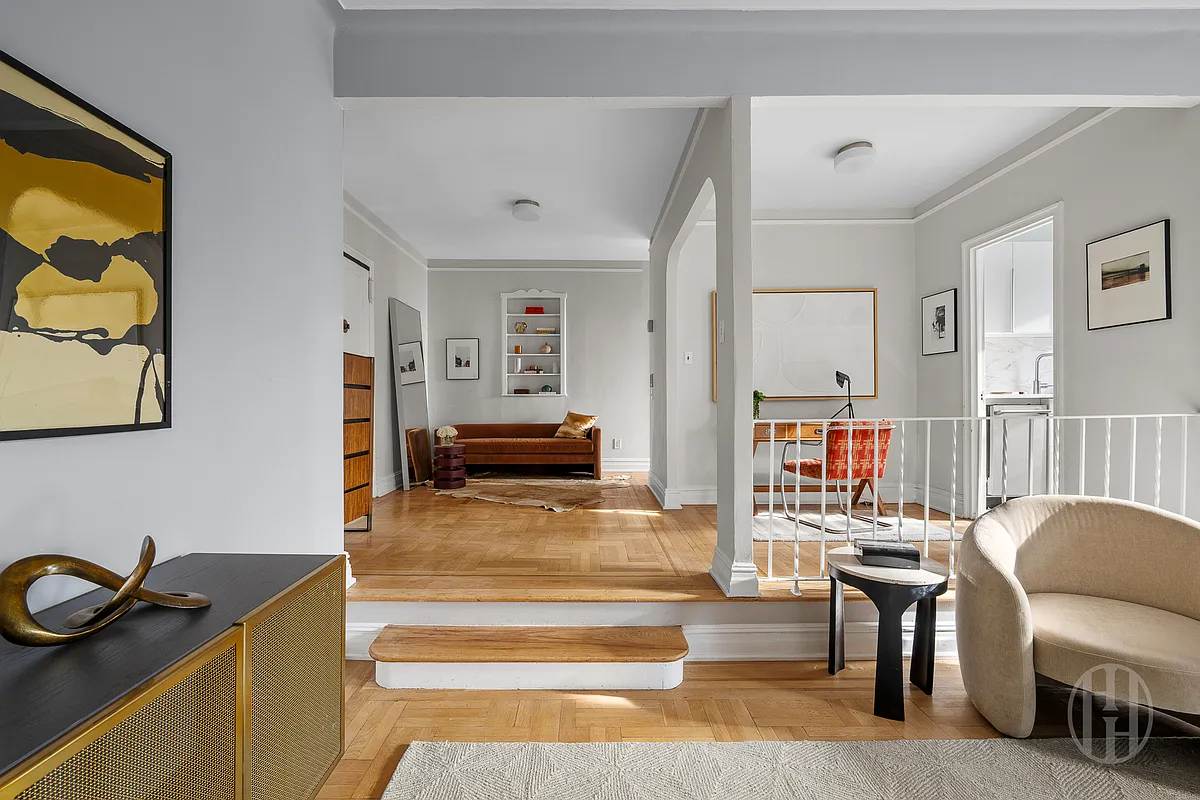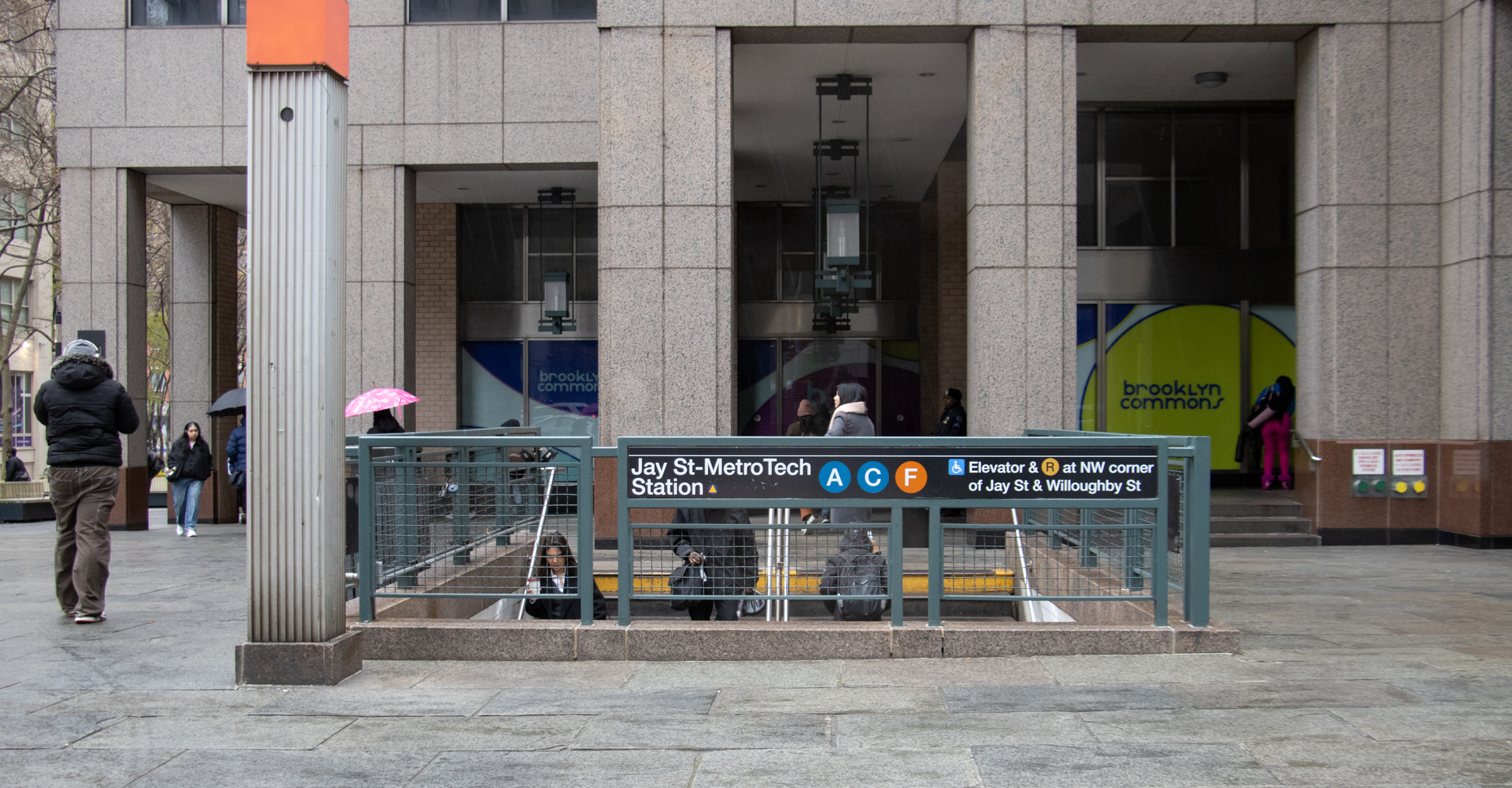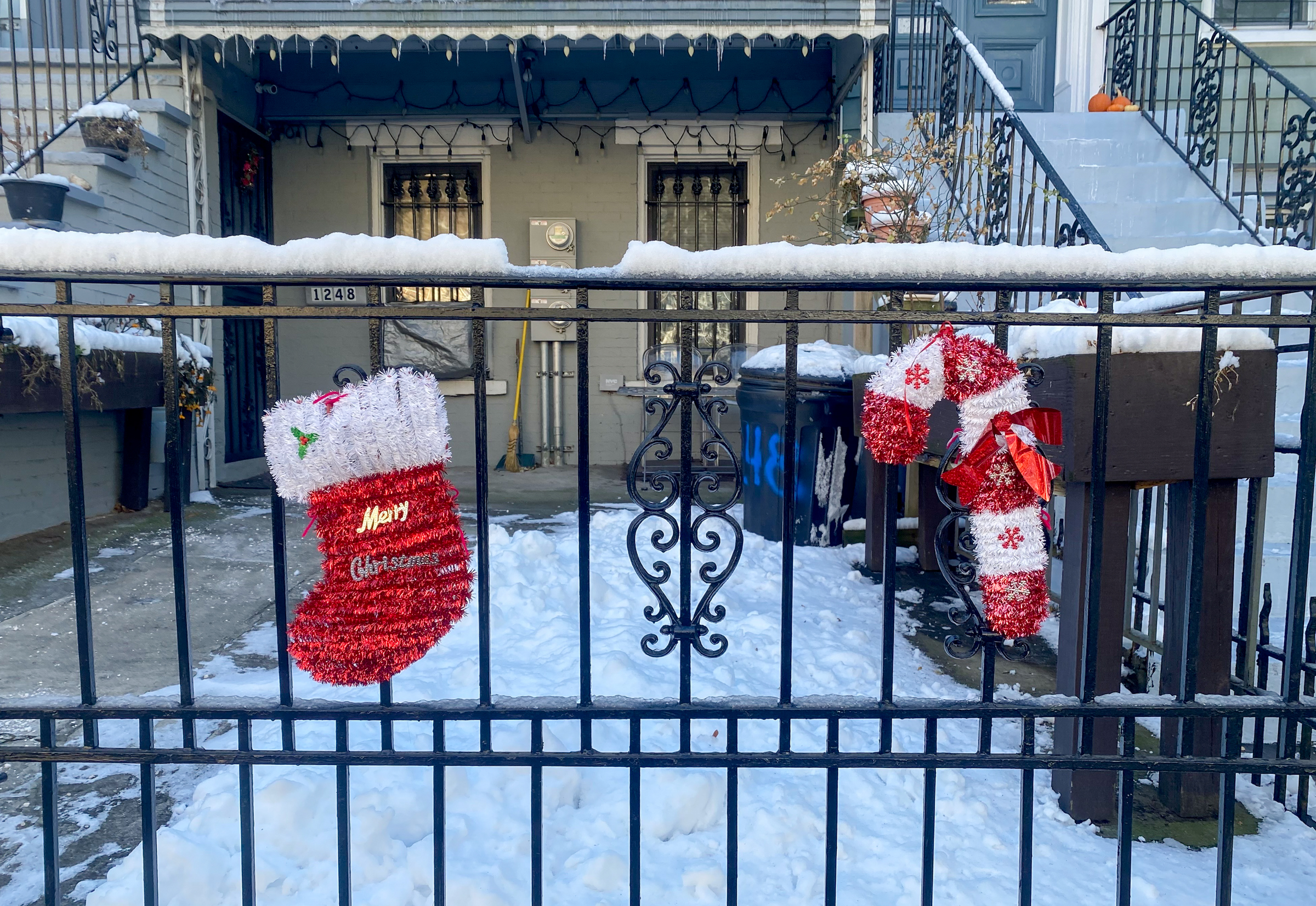Quote of the Day
unless the city’s economy completely falls apart in a way that’s vastly disproportional to the rest of the country, you won’t see prices tank in “central” brooklyn as they have nationally. these neighborhoods improved in a sustainable way through renovations, through new businesses, through improved schools, and, yes, through quality new construction – all of…
![]() unless the city’s economy completely falls apart in a way that’s vastly disproportional to the rest of the country, you won’t see prices tank in “central” brooklyn as they have nationally. these neighborhoods improved in a sustainable way through renovations, through new businesses, through improved schools, and, yes, through quality new construction – all of which forces have less to do with speculation and a lot more to do with professionals and other middle- and upper-middle class people wanting to stay in the city and wanting to invest in their neighborhoods. unless things get really bad, i don’t see those people changing course drastically. especially now – most can’t afford to. yes, prices will continue to drop, until credit loosens up again and prices have come more in line with incomes and rentals. but expecting prices to return to pre-2000 prices, when brooklyn was a very different place, is evidence perhaps of having partaken of the smoke of ye olde crack pipe.
unless the city’s economy completely falls apart in a way that’s vastly disproportional to the rest of the country, you won’t see prices tank in “central” brooklyn as they have nationally. these neighborhoods improved in a sustainable way through renovations, through new businesses, through improved schools, and, yes, through quality new construction – all of which forces have less to do with speculation and a lot more to do with professionals and other middle- and upper-middle class people wanting to stay in the city and wanting to invest in their neighborhoods. unless things get really bad, i don’t see those people changing course drastically. especially now – most can’t afford to. yes, prices will continue to drop, until credit loosens up again and prices have come more in line with incomes and rentals. but expecting prices to return to pre-2000 prices, when brooklyn was a very different place, is evidence perhaps of having partaken of the smoke of ye olde crack pipe.
— by i disagree in Last Week’s Biggest Sales





dittoburg – actually, in my observation, the new status symbol is 3 to 4 children. the very rich are popping them out like crazy.
The more educated tend to have smaller familes too…
If you don’t think Brooklyn has changed much since 2000, you clearly haven’t lived here long enough.
One prime example (in a neighborhood which has been great for a while now) is to have walked down 5th Avenue in Park SLope in 2000 and to now walk down this street.
It’s like night and day, the change…
I’ve lived in Boerum Hill since 1994, and the neighborhood has changed hugely. Whether or not you think it has “improved,” it definitely has the amenities that weathier people like, which were mostly absent when I moved here. Houses are more likely to be single or two-family (than the rooming houses of yore) and to have been extensively (and expensively) renovated. All of this is evidence that the gentrification is here to stay.
Here is the NUMBER ONE reason why Brooklyn has improved since 2000 (along with increased crime reduction)
“Brooklyn is becoming educated even faster (than Manhattan). Since 2000, the number of college graduates there has risen by about 80,000, or 24 percent, while residents without a high-school diploma have declined by about 110,000, a 24 percent decline.”
The full article:
http://www.nytimes.com/2006/08/16/nyregion/16degrees.html
And Lucille,
One would think that if we are going to enter a serious economic recession for many years, people won’t be having 4 kids. It’s very rare, and the trend is more towards smaller families.
“Maybe; or maybe your logic is almost completely circular. The improvements in Brooklyn resulted from a massive, quasi-coordinated Ponzi scheme”
Brooklyn’s improvement started in the 1960’s and 70’s, then really took off in the early 90’s.
Are you suggesting the Ponzi Scheme began in 1965?
Looking around my neighborhood, I wonder quite a bit about the families who’ve chosen Brooklyn as a way to stay in NYC. Maybe you can raise one kid in a condo or apartment if you’re ready to do a lot of accompanying that kid as they grow and want to see friends and play outside, but two? And I’m seeing more and more families of four, pregnant women with toddlers, etc. Granted, I’m just one person, but I know 3 couples who had to give up the ghost once they got to two kids in an apartment. One moved to Hudson Valley, two to New Jersey, all are blissful at having a yard.
i’m not arguing that brooklyn is immune and that prices won’t fall. reread the comment, please. if you can agree that prices should hold better in “more established neighborhoods” than in “fringe” neighborhoods, you agree with me.
I have to agree with the other posters that Brooklyn really hasn’t changed that drastically since 2000. There have been changes sure, but for the most part the nice areas are still nice and the decrpit areas are still decrepit. The Fulton mall is still in its 1968 time warp.